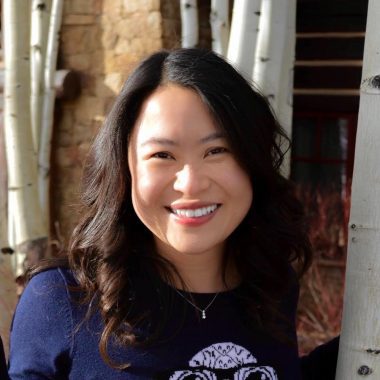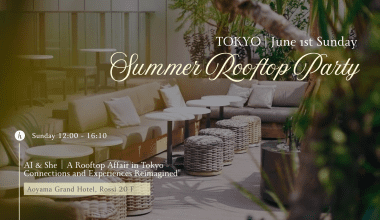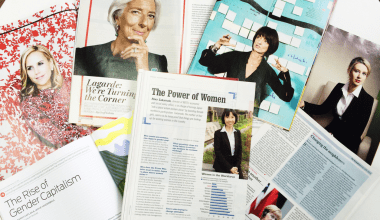Women are leading next-generation consumer brands, and for good reason
Female consumer brands are rising in popularity, so it’s only right for the number of female founders to follow suit. This much-welcomed trend will only pick up pace over the next few years, as the market size is estimated to be worth US$50 billion by 2025. In 2019, there was just over $100 million in venture capital funding for startups founded by women.
With this growth comes the need to provide female entrepreneurs with networks for support and knowledge-sharing. Some examples include clubs like The WW Club and Allbright, and co-working spaces for women, such as The Wing and Blooming Founders. But for these initiatives to have a real impact, female entrepreneurs must have access to funding.
Plum Alley is an organization that supports early-stage companies founded by women, and is pioneering a membership-driven investing model that encourages women to enter the investment world. It’s no surprise that more women are entering the male-dominated industry, as the data speaks for itself: companies with more women in leadership positions perform better financially. For instance, Pax Ellevate Global Women’s Leadership Fund saw returns at 7.41%, outperforming the MSCI World Index’s return of 6.60% [for the one-year, three-year, and five-year periods ending June 30, 2019].
Female entrepreneurs are often motivated to create a product or service when they have personally experienced a pain-point they want to solve or a need that has not been met.
These market gaps are usually a result of the fact that many consumer products or services are created with the male consumer in mind.
In the lifestyle space, a great example is Away. Founded in 2015 by Jen Rubio and Steph Korey, the idea for the company came about after Rubio’s suitcase broke, leaving a trail of her clothes at the airport. Shopping for a new suitcase led her to realize that luggage was being marketed in an outdated way. Looking to reinvent the space, the founders set out to build a direct-to-consumer company that offers high-quality and well-designed luggage. Having raised over US$156 million as of 2019, Away is one of the highest-funded female-backed startups today.
We are also seeing many startups addressing health and wellness for women. Recognizing that men and women are biologically different, the founders of Seed developed a female synbiotic (a combination of prebiotics and probiotics). The female version has 24 strains of good bacteria versus 20 strains for men, wherein the additional four strains have anti-inflammatory properties to relieve period cramps, antioxidants to boost skin health, and folate strains to support fertility. In the wellness space, Care/of and Ritual are examples of supplement startups creating vitamins for women. We are seeing growing numbers of birth control, fertility, menopausal, and emotional health startups as well, such as FloHealth and Genneve–to name just two.
The overarching similarities among all these up-and-coming female-led startups are the founders’ desire for flexibility in time management, combining business with a social mission, and finding work that is enjoyable and meaningful.
Lifelong-learning aside, female founders are very much driven by the feeling that one’s opportunities for personal development are limitless.
As a result, during networking events for women, the conversations are rarely about understanding how to start a business. They are more about meeting and talking to other inspirational women who have been successful in their field and learning from their experiences. Finding a network of support is vital, as it gives one the confidence to reach higher.
This article was first published in the January 2020 issue of Jumpstart. Please click here for the online version or here for print subscription.








